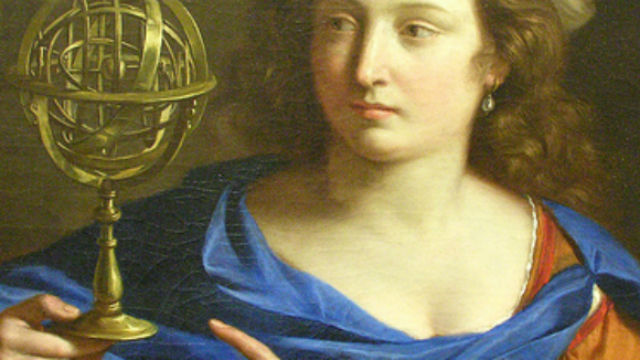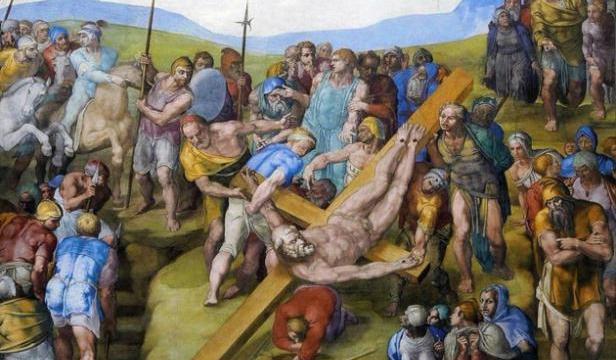Roth, Grisham Share (Italian) Scandal

Judith Thurman’s Talk of the Town piece in this week’s New Yorker details how an unknown Italian “journalist” fabricated interviews with Philip Roth and John Grisham (the odd selection of those two writers begs its own, separate analysis). The story is compelling, while—as Roth points out—not necessarily novelistic. What was outrageous was less the act of fabrication than the ideas which were fabricated: the interviews portrayed the celebrated authors as anti-Obama.
Roth gave another interview, a real interview, to a real Italian journalist. It was in the process of answering a real question from the real reporter that the reference to the “other” interview came up. Here is the racy précis, from Thurman’s piece:
The real scandal revealed by the interview, however, came at the end, when Zanuttini asked Roth why he was so “disappointed” with Barack Obama. She translated, aloud, remarks attributed to him in an article by a freelance journalist, Tommaso Debenedetti, that was published last November in Libero, a tabloid notably sympathetic to Silvio Berlusconi, the Prime Minister of Italy (who is embroiled in his own sex scandals with much younger women). “It appears that you find him nasty, vacillating, and mired in the mechanics of power,” Zanuttini said. “But I have never said anything of the kind!” Roth objected. “It is completely contrary to what I think. Obama, in my opinion, is fantastic.” He had never heard of Debenedetti, or of Libero. The interview, with its bitter judgment of Obama’s banality, failure, and empty rhetoric about hope and change, was a complete fabrication.
Roth looked into things, realized the Grisham connection, and even had his agent reach out to Grisham’s. They considered action.
Although Roth and Grisham have never met, they joined forces through their agents and contacted an Italian lawyer, who felt that they had a good case. “I am exploring my possible remedies,” Grisham said, “with plans to file an action.” But Roth has decided not to sue. “It would take two years, and multiple trips to Italy,” he said. “It would distract me from my writing, and, worst of all, I would have to obsess about it.” Asked if he thought that Debenedetti was a would-be Moishe Pipik, the doppelgänger in Roth’s novel “Operation Shylock,” who impersonates the Philip Roth character, he said, “No, that was literature, this is merely life, and I certainly did a better job of imposturing.”
While the scandal aligned strange bedfellows, it made a larger point: attempts to undermine our President are ever more artful in the internet age, and it’s perhaps no accident that a European saw a far more subtle tool than any tea-bagger could divine: align with artists. Perhaps Congress would consider a bill making the false framing of another’s political view (in print) a crime. If not, what’s next?



